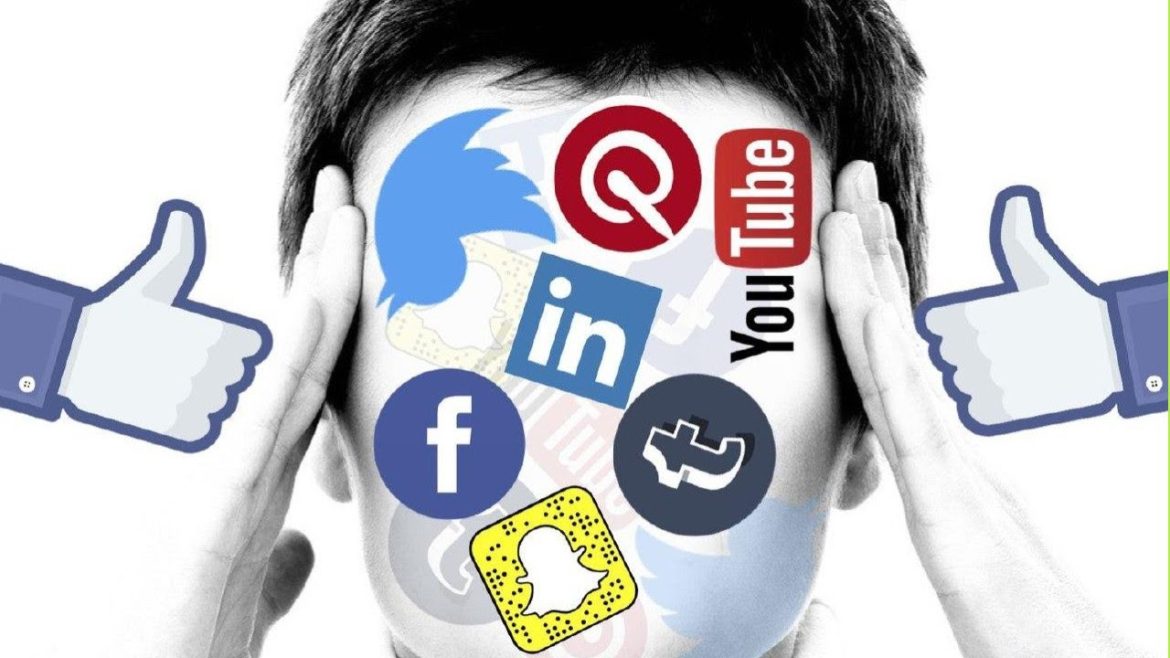Social media platforms have radically transformed the way we connect, share, and engage with the world. With a few taps, we can access global news, maintain friendships, and express our identities. However, behind the endless scroll lies a complex psychological reality — one that impacts mental health in both empowering and harmful ways.
Advertisement
One of the most profound effects of social media is social comparison. Constant exposure to carefully curated images and posts creates unrealistic standards for beauty, success, and happiness. This can erode self-esteem, especially among adolescents and young adults, who are still forming their identities. The so-called “Instagram effect” leads users to compare their real lives with the polished highlight reels of others, fostering feelings of inadequacy, loneliness, and self-doubt.
Social media is also designed to be addictive. Platforms use algorithms to maximize engagement, and every like, share, or notification provides a small dopamine hit, reinforcing compulsive behaviors. This can lead to excessive screen time, reduced attention span, sleep disturbances, and heightened anxiety. For some, it escalates into a form of behavioral addiction, complete with withdrawal symptoms and emotional dependence on online interactions.

